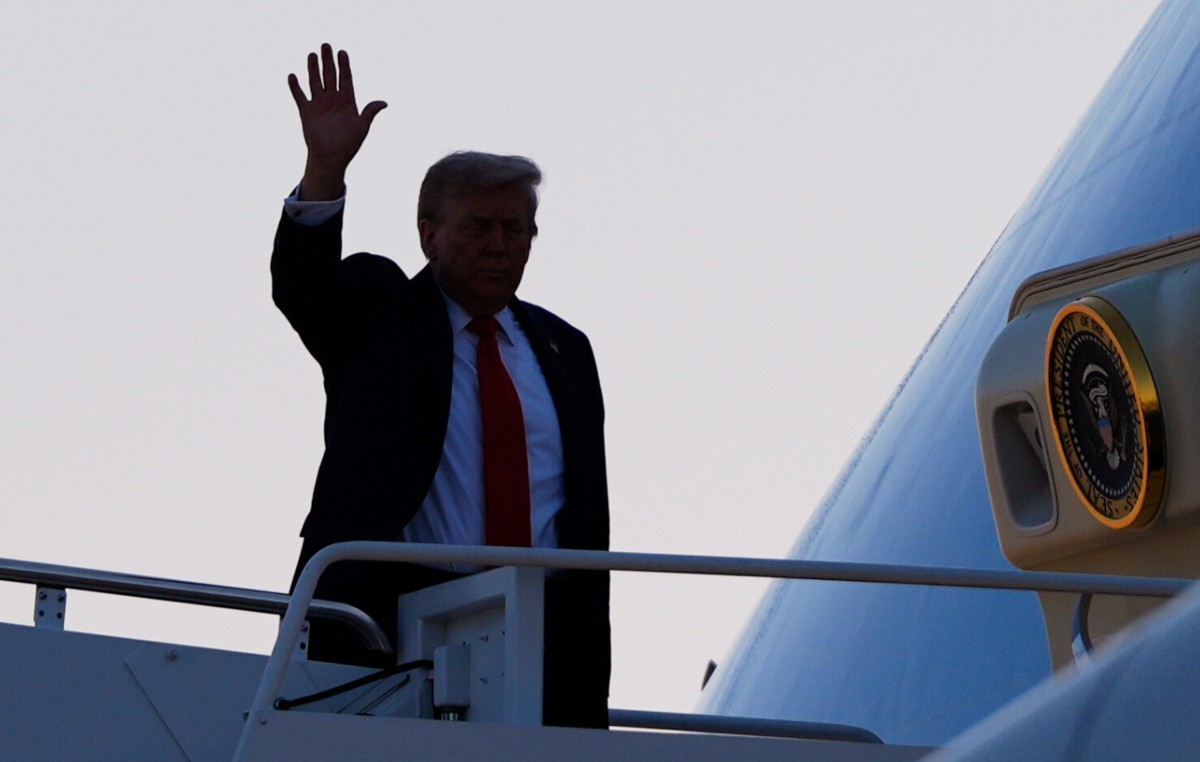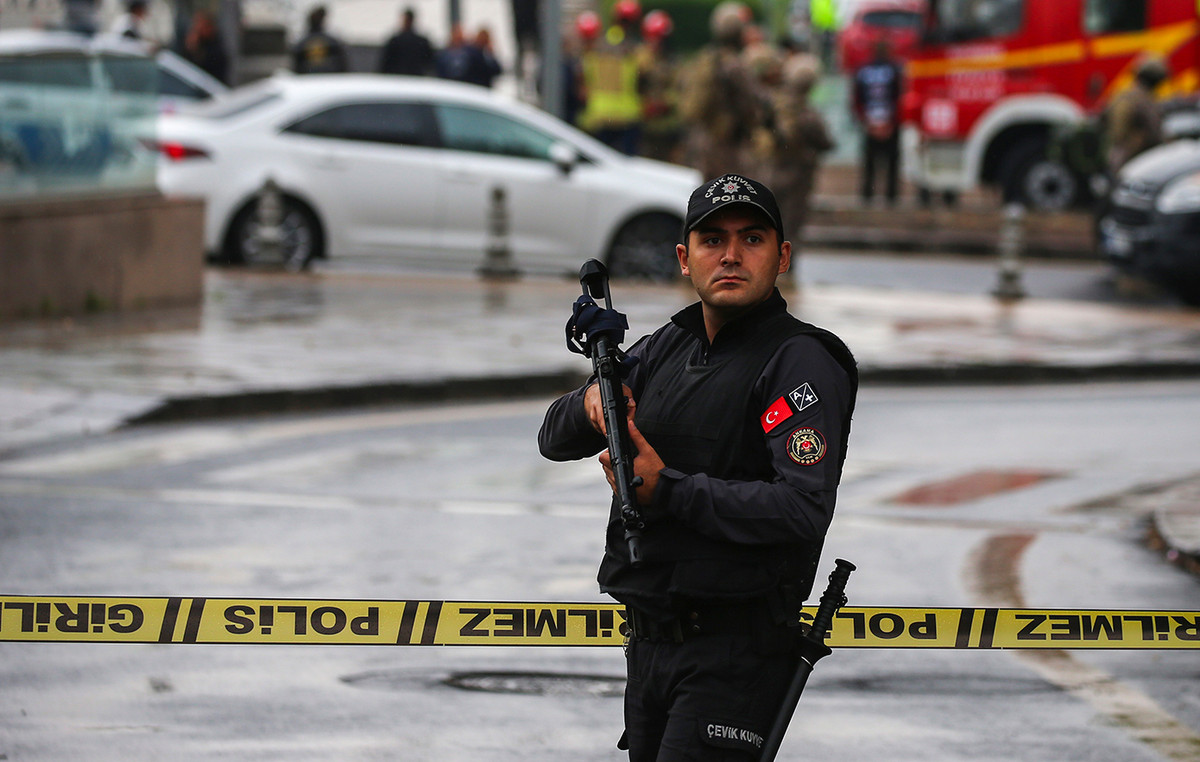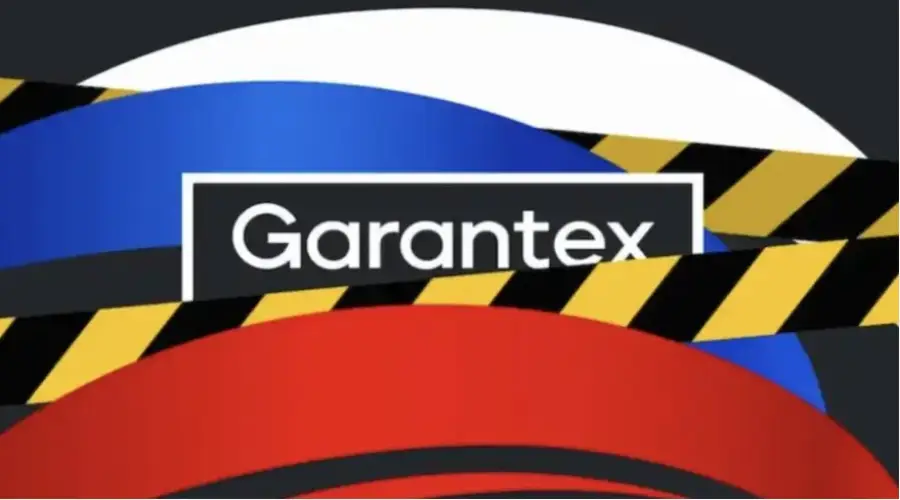By Maria Tadeo
The era in Europe where “Germany knows best” is coming to an end. For a decade, Berlin held the reins of moral and economic power in the European Union, setting policy and acting as the bad cop for the weaker economies of the South. The energy crisis upset this balance.
Germany’s dependence on Russia has brought to the fore the flaws of its economic model – high-intensity industry fueled by cheap natural gas – but also the blindness of its political class to dependence on the Kremlin. While Berlin is still trying to recover from the shock, the European South is claiming a bigger role.
This is not revenge for the years of austerity imposed by Germany, but a realignment of forces that may ultimately lead to a healthier EU.
Let’s look at the Spanish: Teresa Ribera, minister for the green transition, showed her teeth when she reacted to the European Commission’s proposal for the 27 member states to reduce energy consumption by 15% this winter. In her statement, Ribera argued that Madrid are prepared. It has little exposure to Russia and has made large investments in renewable energy. But most importantly, as he said, Spain was “living within its means”.
The sting brought back memories of Germany’s tough language at the height of the European financial crisis – when Berlin offered financial aid in exchange for structural reforms that nevertheless deepened recession in the European South.
The statements were an unusual show of fists for a country like Spain, which is more often than not a net beneficiary of European funds. Reactions to the minister’s remarks were divided between those who argued that the time had finally come to highlight German contradictions and those who worried that such statements risked rekindling old tensions.
In my view, Ribera’s statements combined both, also reflecting irritation at Germany’s reluctance to accept the monumental failure of its Russia policy. While everyone now seems to have realized that “Made in Germany” was built on shaky foundations, Berlin has yet to admit its mistake which is usually the first step before asking for help.
Spain was among the first to sound the energy alarm bell when Putin began to cut supply and the market began to experience the first tremors at the end of last year. Spanish Prime Minister Pedro Sanchez, who faces huge pressure to reduce inflation and household energy bills, said as early as autumn last year that the rally in energy prices would require a common European response.
Madrid argued – as it has in recent months – that it needs better energy interconnection with the rest of Europe. And reducing household consumption won’t help countries like Germany if Madrid can’t export its surplus. Spain’s warnings, however, fell on deaf ears and were blatantly ignored as another example of the South seeking to secure financial assistance.
Energy became a European problem when the dangers to Germany began to appear insurmountable.
This shows how European policies create problems – but also the way to solve them. It is high time that the proposals of the South were considered more seriously. A rebalancing, if it leads to an improvement in the decision-making process, should be welcomed by Brussels. To their credit, the leaders of the countries of the South accepted the agreement designed for Germany with record speed this week, without engaging in rhetorical crowns and hand-wringing criticism.
It would be foolish and short-sighted and most importantly a victory for Russia if the E.U. had failed to reach an agreement. The Kremlin was taken aback by Europe’s unity, and a new division would negate that.
Spanish Minister Ribera summed up the issue very well after the agreement was approved: In Europe, “when a neighbor asks for help, you have to help.” In this spirit, Europe overcame the pandemic and Germany red lines to agree to the common debt, in a turning point for the E.U. Moreover, given their interdependence, European crises are essentially cyclical: a recession in Germany, the largest economy in the Eurozone, will be damaging for everyone.
A South-North conflict would set Europe back a long way after a decade of solving problems together. However, given the size of the German fiasco and the challenges it has created for Europe as a whole, Berlin should not be surprised to see countries in the South asking for more say.
Source: Bloomberg
I’m Ava Paul, an experienced news website author with a special focus on the entertainment section. Over the past five years, I have worked in various positions of media and communication at World Stock Market. My experience has given me extensive knowledge in writing, editing, researching and reporting on stories related to the entertainment industry.







